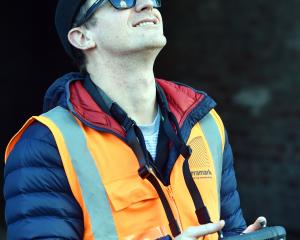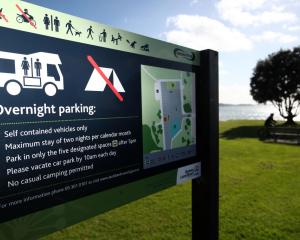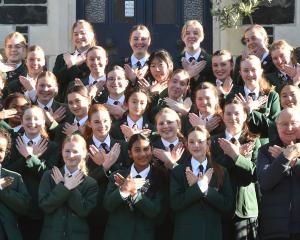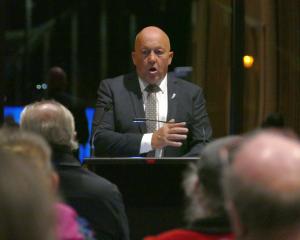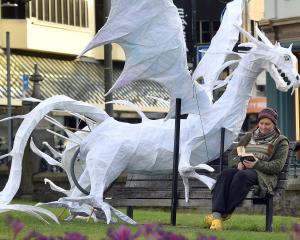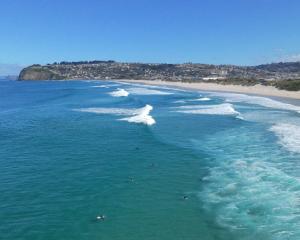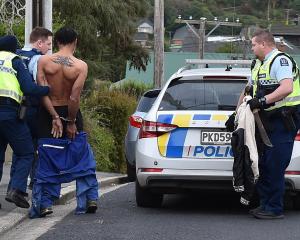But not Max Quinn.
The veteran Natural History New Zealand film-maker was in his element during a recent trip to the Antarctic to make a documentary about the life of scientists on board the Niwa scientific vessel Tangaroa.
"I was having a field day - I was running around filming the drama around me. It's one of the great things about the Antarctic. You can look in any direction and see something worth filming."
Otago residents will be able to attend a "sneak preview" next week of his documentary, which follows 45 scientists working as part of a global mission to determine the health and welfare of marine life in Antarctic waters.
Cooped up on the small research vessel for 50 days early last year, Mr Quinn captured the team's trials and tribulations as they conducted exhaustive science work in extreme conditions.
The film includes an interview with Niwa scientist Julie Hall, whose husband died in an accident at the New Zealand Gliding Championships in Matamata just two weeks into the voyage.
She continued on the voyage, despite the tragedy, because the whole project would have been put in jeopardy if she left, he said.
"Very sad, but incredibly dramatic.
"This is science at the edge. It was a remarkable experience that constantly tested our mental and physical endurance."
Mr Quinn said those on board battled "ferocious storms", and nearing the end of their voyage, the temperature dropped so quickly that the sea began to freeze around them in the space of two hours.
Again, there was high drama, he said.
"The water became slushy. I've never seen anything like it. The captain of the boat actually said `I'm scared I'll do a Shackleton if we stay here any longer'."
The resulting one-hour film is due to be broadcast on the National Geographic Channel in June this year and the Smithsonian Channel soon after.
Editing is almost complete and the first screening will be at the Wild South Film Festival at Cinema Paradiso in Wanaka on April 29.




